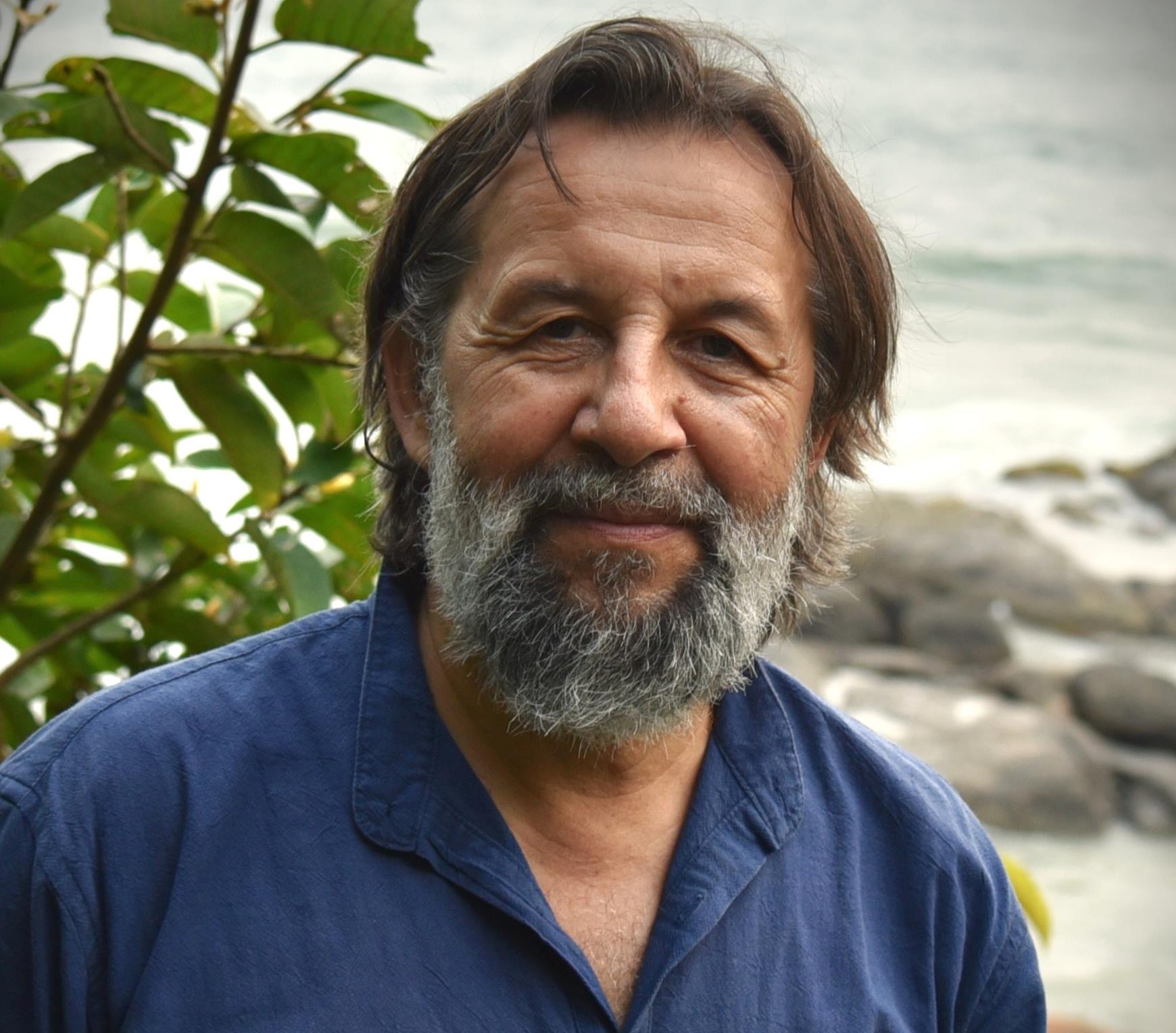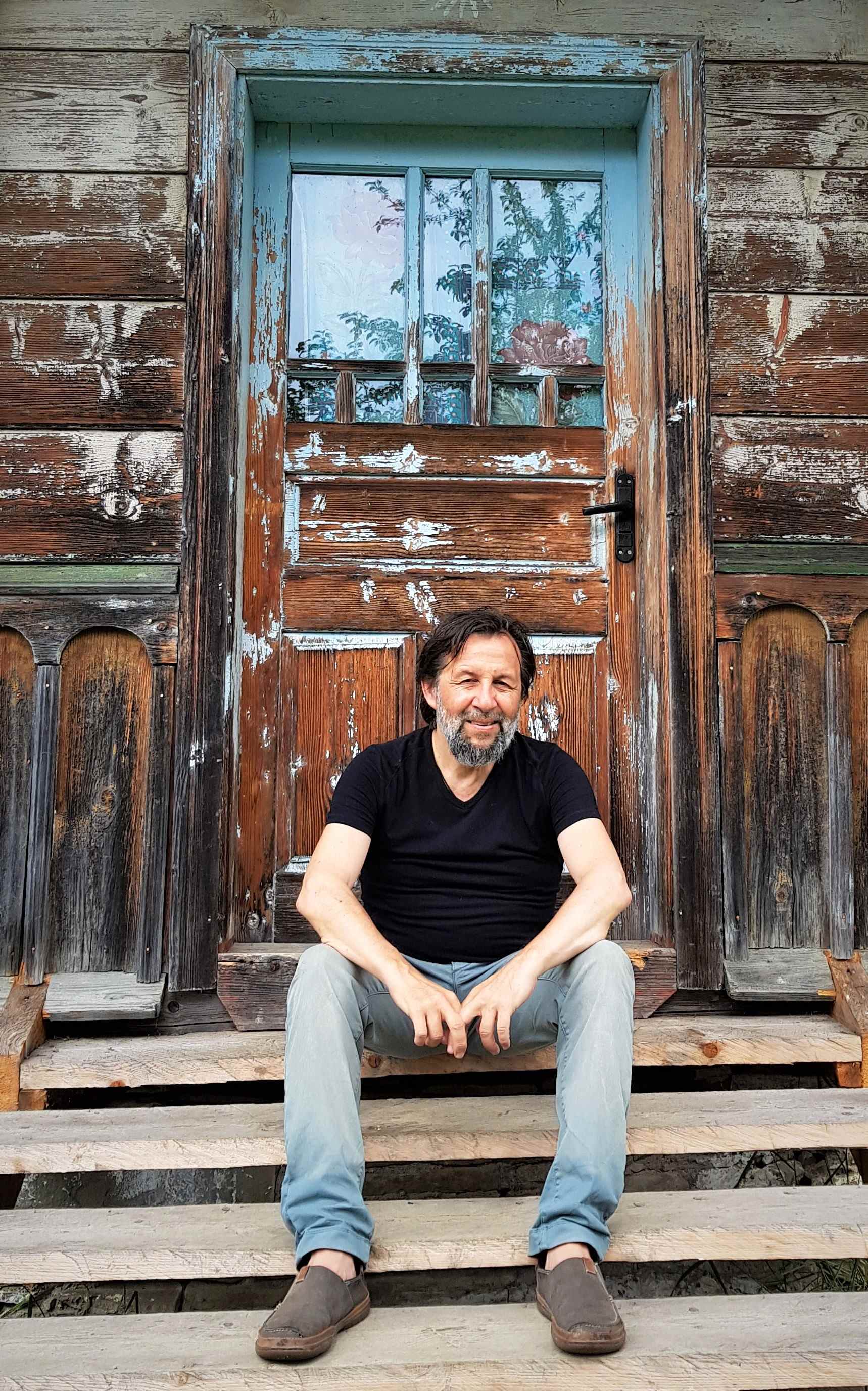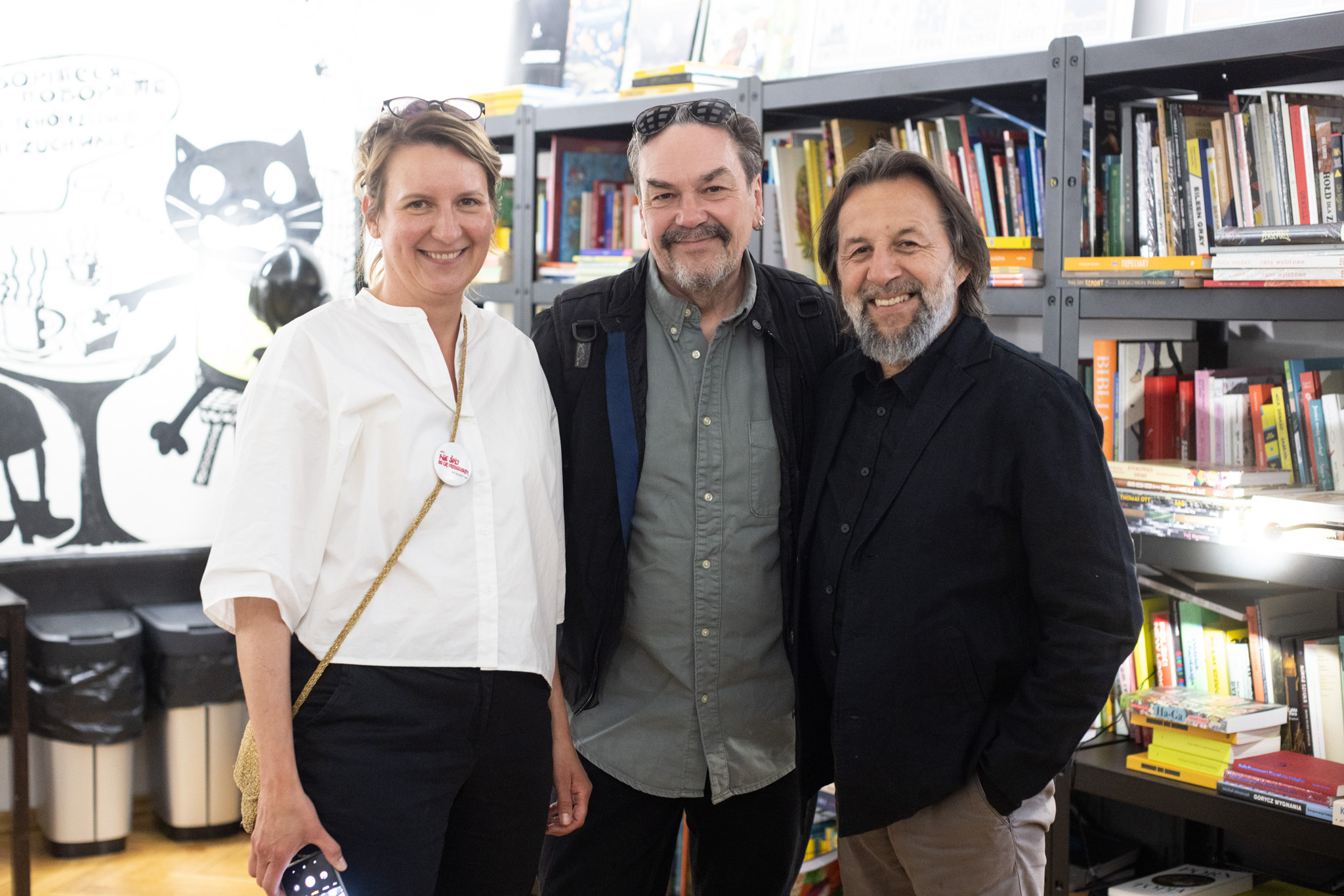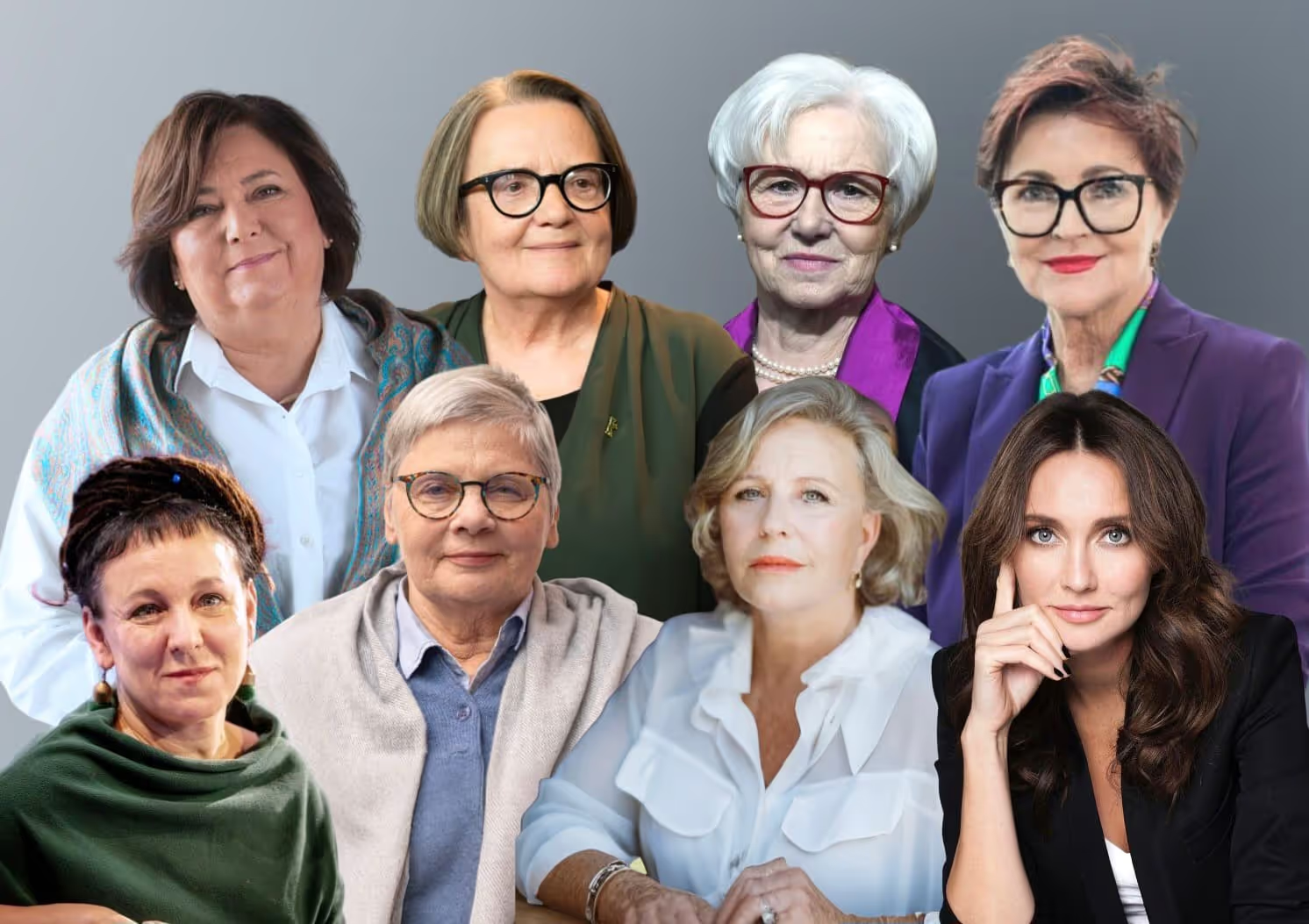Support Sestry
Even a small contribution to real journalism helps strengthen democracy. Join us, and together we will tell the world the inspiring stories of people fighting for freedom!
«Rainbow» symbolism for the enemy is a signal for humiliation, mockery, violence and murder»
- Before the full-scale invasion, I was a co-founder and director of the organisation «Insha» in Kherson, - says Maryna Usmanova. - Since 2014, it has been protecting the rights of women and LGBT community representatives. We organised informative events, training sessions for police and local authorities and advocated for the opening of a shelter for victims of domestic violence.

During the occupation, we evacuated people from the Kherson region. We managed to evacuate over 300 people: LGBT community representatives, activists, journalists and military wives. Those for whom staying meant death
The charity organisation «Insha» and the team of the NGO «Projector» jointly documented war crimes against LGBT+ individuals on the then-occupied and later liberated territory of the Kherson region. Instances of brutal abuse by Russian soldiers were recorded. «Rainbow» symbols on phones or tattoos were signals for humiliation, mockery, violence and murder.
According to the NGO «Projector» report, Russian soldiers deliberately sought out LGBT community members. For example, there is evidence that Russian soldiers forced men to undress, checked smartphones for same-sex dating apps and severely beat them for it. Aleksandr was detained at a checkpoint by Russian soldiers, pushed into their van and taken to a temporary detention facility just because he was part of the LGBT+ community. He was beaten initially in the facility. Then a red dress was brought, and he was forced to wear it. In this dress, he was taken to an interrogation with an FSB officer. Aleksandr’s answers displeased the Russians, so he was added to a list and kept under arrest. According to him, being on this list «allowed» the guards to beat him, torture him with electric shocks, force him to eat the Ukrainian flag and more. Sexual violence was common in the facility. Medical care was not provided, detainees were fed once a day, and access to a shower was granted only to those who «deserved» it. To get permission for a shower, guards forced detainees into sexual acts. Aleksandr was held captive for 64 days. He was released but ordered to sing the Russian anthem every morning for ten days in a row while being watched from another building with binoculars to ensure compliance.
And there are countless such examples.
- Now the «Insha» organisation is still active, and part of the community still lives in Kherson, - continues Maryna Usmanova. - For instance, we received a grant for an initiative to provide the city with bicycles. Kherson currently has problems with public transport, and walking around the city is unsafe. So we purchased bicycles, brought them to Kherson and distributed them to those in need. Another initiative of ours is the evacuation of art objects. We managed to save many valuable exhibits.
But staying in Kherson was far too dangerous for me, and I had to leave. In the city, I was a public activist. I was invited to appear on television and radio. At the same time, the registered address of our organisation was effectively my home. It was not difficult to find me as an LGBT activist. Moreover, before the full-scale invasion, an advocacy campaign for the crisis centre was conducted, and billboards featuring, among others, my face were displayed throughout the city. If you googled «Kherson LGBT», the system would provide plenty of information about me.
As I later learned, they were looking for me. So, if I had not left, I probably would not be speaking with you now.
«Everyone needs their own community. Especially Ukrainians at this time»
- We ended up in Berlin «via Australia». In the sense that a Kherson activist we knew, who had moved to Australia long ago, helped us find people in Berlin willing to assist us.
We were housed in an anarchist commune. There were seven of us, plus a cat and a Malamute dog. All of us lived in one room for eight months. But it was far from the worst option, and we are very grateful. Anarchists are saints (laughs, - Edit.).
Once we adapted, we began meeting with other activists. One day, along with Loki von Dorn, we decided that we wanted to establish our own organisation.
Now, the Kwitne Queer community comprises over 100 people. We are the only organisation for queer Ukrainians in Western Europe. We meet approximately once a week to discuss plans, organise discussions, lectures, mutual support groups, play «Mafia» and celebrate holidays together. Everyone needs their own community, especially Ukrainians at this time.

After all, you might come to a supposedly friendly place, and then you are confronted with unfriendly questions about politics as a Ukrainian: «Why is your Zelensky fighting with Russia?» And often, these questions are not from Russians but from people from Kazakhstan or Azerbaijan. It is clear that after such questions, it is difficult to consider such a community your own.
One of our important projects is «Your Friendly Interpreter». Each of us occasionally needs to visit doctors, government institutions, job centres and so on. However, Ukrainians still largely do not know German. How then can one explain to a gynaecologist, for example, that despite someone having a beard, they have female reproductive organs? There are many issues where it is impossible to be effective without an interpreter.
In Germany, there are charity foundations that provide free interpreters, such as the «Caritas» organisation. But. First of all, it is a religious organisation. Secondly, they mostly provide Ukrainians with Russian interpreters. Because there are many of them. And you cannot choose your own interpreter because it is a free service.
Imagine a transgender person going to a gynaecologist accompanied by a homophobic, Ukrainophobic elderly woman interpreter. I once went to a therapist in the company of just such a person. She told me that «all Ukrainians are Banderites» and so on, following the well-known Russian narratives
That is why we came up with a solution: a person goes to the doctor, calls our Ukrainian interpreter via Telegram from there, and they translate on speakerphone. We already have five specialists, and experience shows that this option is much more comfortable than what local charity foundations offer. This service is very popular with us.
One of my dreams and goals is to have my own shelter or social apartment - a queer hostel. Berlin has a huge housing problem. From time to time, people find themselves on the streets. They need a safe place to get through difficult times or a gap between housing contracts.

Every year, we participate in the Berlin Pride, one of the largest in Europe. Ukrainian Ambassador to Germany Oleksii Makeiev joins the Ukrainian column, delivers a speech, and last year, the Mayor of Berlin Kai Wegner spoke from our float.
Does Berlin have problems with homophobia? At the legislative level, everything is excellent. But on the level of personal communication - not always. Germans have already learned that homophobia is bad, that it makes you appear at least uneducated. But in Berlin, Germans have long been less than half the population. Many people from other countries bring their homophobia with them.
«I chose Berlin because I felt safe here»
Another co-founder of Kwitne Queer, Loki von Dorn, a non-binary person, human rights advocate, activist and actor, shares:
- Even before the full-scale invasion, I broke my leg - and the fracture was quite serious, with fragments. When the war began, because of my leg, I could not join the Territorial Defence or even a volunteer headquarters - they would not take me. In March, I finally had surgery, and an implant was placed to fix the bone. Fighter jets were flying over the city of Dnipro at that time. I lay there thinking I would not even have time to hide if the Russians started bombing.
At the end of May, I decided to leave. I went to Germany because I had many acquaintances there, although, in the end, it was new acquaintances who helped me. I chose Berlin because it is the most welcoming to queer people. Here I felt safe. Berlin reminds me of my favourite cities in Ukraine: a bit of Dnipro, a bit of Odesa, and a bit of Kyiv.

I had no money, did not know the language, and the documents took a long time to process. My housing was only for a month. In six months, I changed the roof over my head eight times. Sometimes I slept on the floor. Despite this, I adapted quickly and immediately started looking for activities.
It is hard for creative professionals to find work in Berlin. Because here, every other person is an «artist». You are not competitive here due to the vast number of people like you
As a professional activist, I sought opportunities primarily in this direction. I had known Maryna Usmanova from Ukraine. In Berlin, I attended events she organised for the Ukrainian queer community. And one day at the end of 2022, we decided to create an organisation for Ukrainians who found themselves here because of the war.
In February 2023, we began the process of registering Kwitne Queer. We wrote the charter, submitted the documents, and only in August 2024 did we receive official non-profit organisation status. Until then, we worked as volunteers. Registering your non-profit organisation in Germany is not easy at all. For example, we are still waiting for our account to be set up, without which we cannot receive grants or spend grant money.
Our main mission is to support equal opportunities and inclusion for queer Ukrainians in Germany, facilitating their interaction. We all need support. Because sometimes you cannot predict the criterion by which you will be discriminated against: whether for being queer, a refugee or Ukrainian.
Recently, we were formally accepted into the Alliance of Ukrainian Organisations. Interestingly, the Ukrainian Orthodox Church is among the members of this alliance. They were not against it. Along with other organisations in the Alliance, we share a space where we can host our events.
At the time of this article's publication, the Kwitne Queer organisation officially opened an account in a German bank, received a grant from one of Berlin's district centres, and launched an official website. So, new initiatives lie ahead.

A journalist, writer, videographer, content creator and podcast author. She has participated in social projects aimed at raising awareness about domestic violence. She has led her own social initiatives, ranging from entertainment projects to a documentary film about an inclusive theatre, which she independently authored and edited. At «Hromadske Radio», she created podcasts, photo reports and video stories. Since the full-scale invasion of Ukraine, she has begun collaborating with international publications, attending conferences and meetings across Europe to share insights about the war in Ukraine and journalism during these challenging times.







